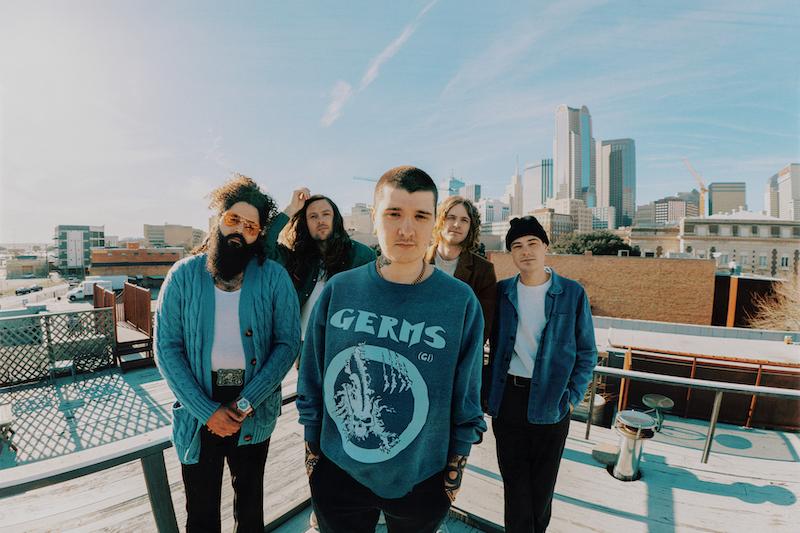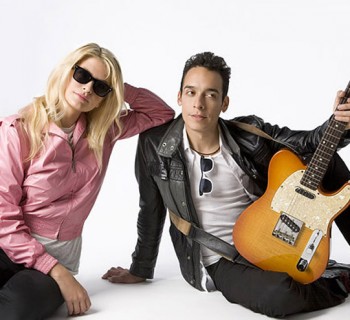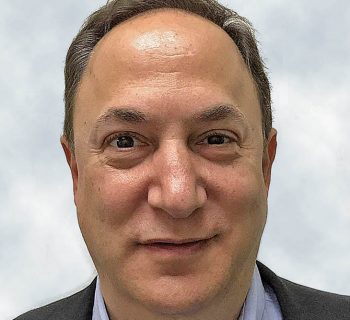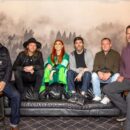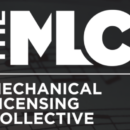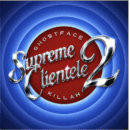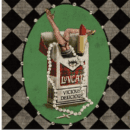Senior Vice President of Research and Innovation
Roland Future Design Lab
Years with Company: 32
Address: Los Angeles, CA
Web: roland.com
Publicity: Max Borges Agency, roland@maxborgesagency.com
BACKGROUND
For more than three decades, Paul McCabe has been an employee of Roland, the Japanese company famous for its wide array of musical instruments and related offerings. Recently, he assumed the reigns of Roland Future Design Labs to help guide the corporation’s most innovative product visions.
A Love of Music
Music was always a big part of my life from the fourth grade or so when I was playing in orchestras. When I moved to high school, I was elevated to all the senior levels in my first year, which was its own unique experience. I decided to continue pursuing music, so I studied it in college and played in bands.
The Sound of Money
A family member had gotten me a stock market job that I strongly disliked. It was as far away from anything I cared about as I could get.
Every day before rehearsals, I would wait for my other band members at Long & McQuade [Musical Instruments] in Vancouver. I did that for months. One day, a staff member said, “You’re here so often. Why don’t you work here? I’m leaving. Take my job.” Truth be told, it never occurred to me to apply what I loved to a profession. It took me about 10 minutes to say, “Okay.” I interviewed and got the job. That led to six or seven years working in musical instrument retail.
I ended up running the technology department, and that got me my first NAMM show in about 1987. I haven’t missed a show since. Then, I was offered the opportunity to go to a store in Vancouver, Tom Lee Music. I was with them for about three years.
Destination, Roland
Roland was always a brand I loved. Roland was the first synthesizer I got to play, so it’s always been dear to me. I applied to work at Roland in my second year of working at Tom Lee and was told, “We value you too much on the retail side and would prefer you stay there.”
A year later, I’d had enough of retail. I wanted to learn and loved the industry, but I needed to do something different. So I went back to Roland and was hired as a product specialist. That was in May of 1992. Nobody could clearly tell me what a product specialist was, so I ended up kind of building off things that other people had been doing.
Designing the Future
“We Design The Future” has been a slogan for Roland since the early '80s. Through various changes, that phrase stepped to the background. But there were those of us in the company that longed for making “We Design The Future” central to our narrative again.
One of those people is a colleague and friend, Masahiro Minowa. On the first of July, he became the CEO of Roland Corporation. And one of the things he committed to was to reenergize We Design the Future.
Seeing Farther
In any company, casting a vision beyond the typical business midterm plan is difficult. Roland puts so much energy into that three- to five-year window. Going beyond that can be really challenging.
Our products are developed by groups we call business units. Those units are focused on that three- to five-year window in building out product plans. So a discussion I’ve been having with different stakeholders in the business, including Mr. Minowa, previous CEO Gordon Raison, and other members of R&D, was it would serve us well to establish a dedicated focus on the five- to 50-year window of technology and macrotrends. Over time, the idea started to gain strength.
Then Mr. Minowa made the decision to establish what became Roland Future Design Labs, to research technology, society, creativity, and disruptive technologies, and consider how they may be brought to the worlds of music and video.
Coming Attractions
Company policy prohibits me from speaking with detail about anything we’re working on. But I will say that we’re very interested in generative A.I. Our focus is on implementations that will enhance the musician’s creative work, rather than outright displace human creativity in the music creation process. We’re looking at Web3 and the metaverse. And we think wireless technology holds a lot of potential in music creation.
Improving A.I. Attributions
As a companion to our research into generative A.I., we have a project with Universal Music Group. We’re working to propose a solution for being able to identify human creative music assets from artificially created ones and attribute ownership of those assets.
A Creative Company for Likeminded Artists
If you are a musician interested in pushing boundaries, being unique and doing something new and different, Roland is a brand that shares those values. That’s how we approach our instruments, our software, our sounds. We celebrate sounds that people love, like the TR-808, the TR-909, and the Jupiter-8 synthesizer. But we’re also committed to advancing the art of music creation, sound design, and performance.
Not Just Synths
When a lot of people hear Roland, they think about synthesizers and keyboards. But in reality, with electronic percussion, we’re pretty much the largest drum company in the world, especially after the acquisition of Drum Workshop a couple years ago. The earliest Roland instruments were drum machines. And our BOSS brand, with guitar products, is a massive part of our business.
Earning and Keeping Trust
We will never compromise on quality, durability, or reliability. Our late founder, Mr. Kakehashi, said the easiest way to break trust with a musician is to have an instrument or piece of equipment break while they’re in that moment of creativity or performance. That’s a trust you may never be able to regain. So we will do everything we can to build products that last, work in a variety of environments, and can withstand the rigors of the road if that’s what they’re meant to endure.
The Hands-On Experience
Across the world, we have somewhere between 40 and 50 Roland-operated stores inside musical instrument retailers. We have two freestanding Roland stores, one in London and one in Tokyo. There are almost certainly more of those to come.
Our instruments are priced at a premium over many competitive alternatives. When you go to a car dealership, you might look at a car that [costs] less than a luxury brand. On paper, these two look really similar. But as soon as you open the door of that luxury brand, you get impressed by the difference—the fit, the finish, the quality. You experience those differences. The same goes for our products. The difference comes when you put your hands on them. You feel their quality, but you also feel how expressive these instruments are.



